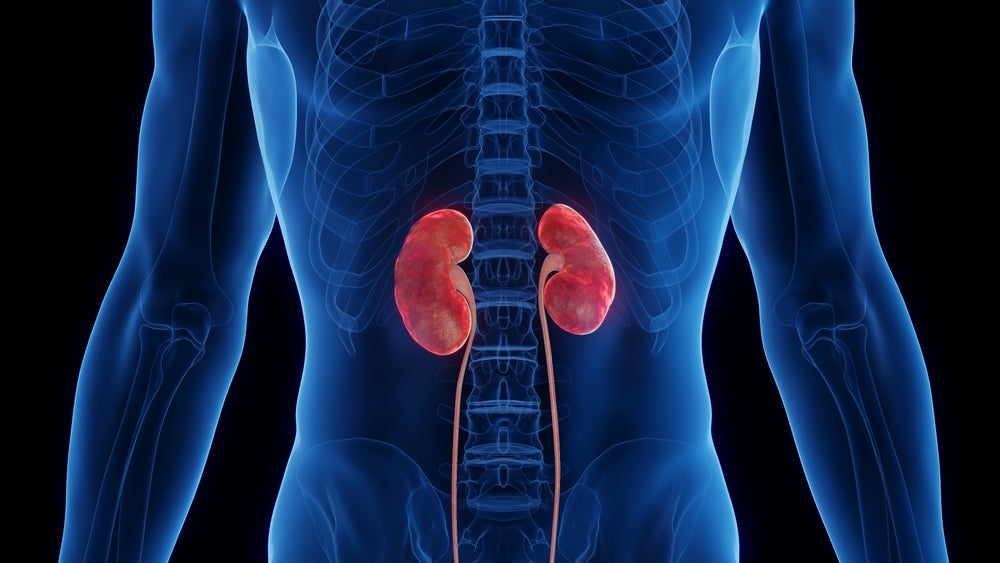Roche may be able to join the list of companies who have approved therapies for the treatment of lupus nephritis (LN), as recent results published from a post hoc analysis of the Phase II NOBILITY trial for the company’s obinutuzumab against LN reveal a positive outcome for Roche (Rovin et al, 2023).
LN is an autoimmune kidney disease occurring as a result of systemic lupus erythematosus (SLE) progression, with a prevalence of 40% in patients suffering from SLE (Gasparotto et al, 2020).
Patients with LN may present urinary abnormalities, nephrotic syndromes, or acute nephritic syndromes, as well as renal failure (Gasparotto et al, 2020).
Causes of death may include renal failure, infections, cancer, and cardiovascular events (Gasparotto et al, 2020).
Roche’s post hoc study demonstrated that patients treated with obinutuzumab exhibited a reduction in the risk of developing unfavourable kidney outcomes by 60% and LN flares by 57% (Rovin et al, 2023).
More specifically, the study revealed that by week 76, 38% of patients who were administered obinutuzumab were able to achieve a complete response rate with a lower intake of glucocorticoids compared to placebo (16%).

US Tariffs are shifting - will you react or anticipate?
Don’t let policy changes catch you off guard. Stay proactive with real-time data and expert analysis.
By GlobalDataThis was complemented by reductions in estimated glomerular filtration rate (eGFR) declines, with the number of patients experiencing 30% and 40% eGFR declines reduced by 80% and 91%, respectively, compared to patients on placebo (Rovin et al, 2023).
These results may reveal a promising future for Roche’s obinutuzumab in the LN treatment landscape.
Currently, multiple drugs have been approved for the treatment of LN globally, including GlaxoSmithKline’s Benlysta (belimumab), which targets the B-lymphocyte stimulator, and Aurinia’s Lupkynis (voclosporin), a calcineurin inhibitor.
Obinutuzumab is a monoclonal antibody targeting the CD20 protein on cells that facilitates antibody-dependent cell-mediated cytotoxicity and phagocytosis, resulting in cell lysis (Rovin et al, 2023).
Thus, autoreactive B-cells documented in patients with LN can be targeted, thereby providing a therapeutic effect for patients with LN (Yap and Chan, 2019).
Obinutuzumab is currently under ongoing Phase III clinical trials, the results of which have not been announced as of today (23 November 2023).
However, GlobalData projects a drug-specific phase transition success rate (PTSR) of 35% and a likelihood of approval (LoA) of 22%, which are higher than the average PTSR for the indication (25%) but lower than the indication-specific LoA, which is also projected at 25%.
These estimations suggest that further clinical trial data may be required to show evidence for the agent’s efficacy in LN in comparison to the currently available therapies.
Nevertheless, the recent announcement may bring hope to patients with LN across the world, considering that the novelty of this agent’s mechanism may provide better results in future LN studies.






